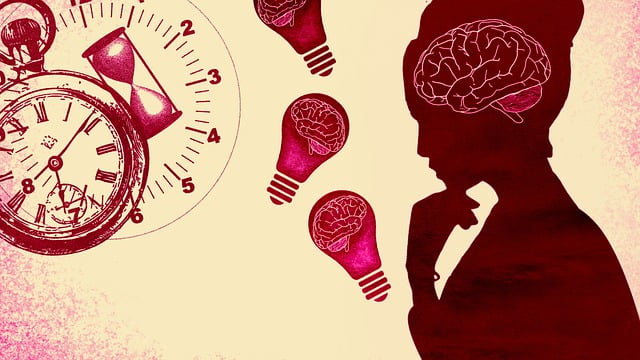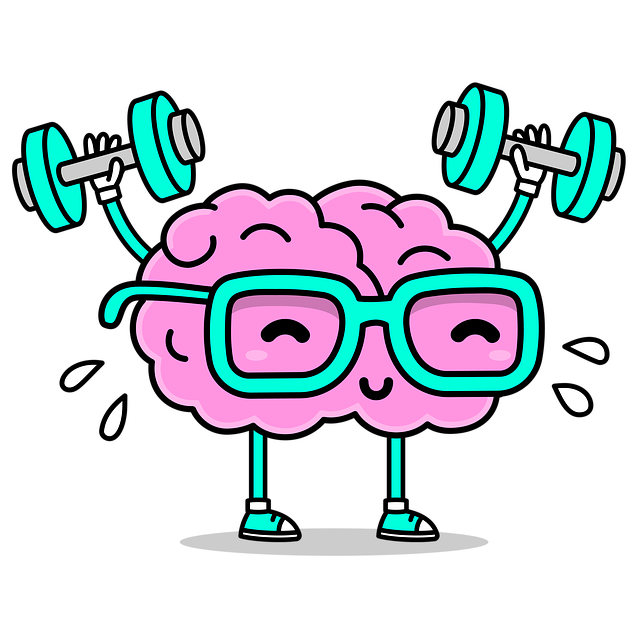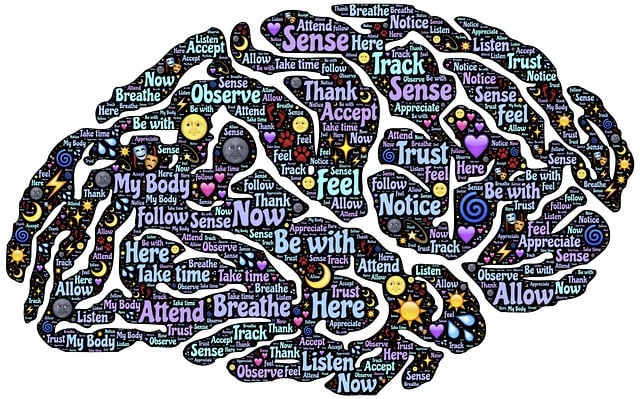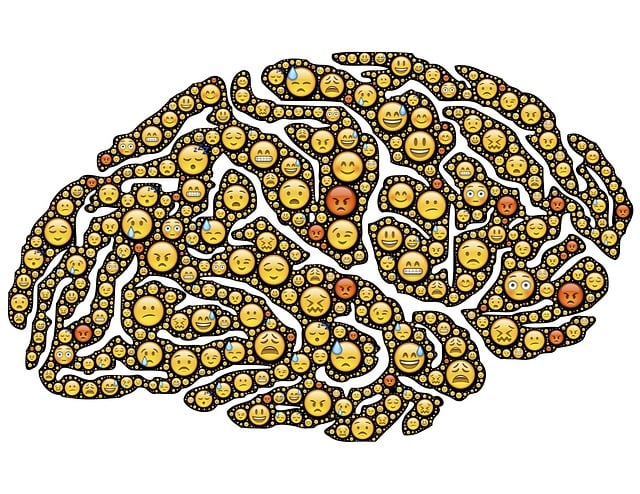In Northglenn, addressing substance abuse risks in ADD/ADHD therapy involves understanding biological, psychological, and social factors, with cultural sensitivity guiding therapists to create safe spaces for diverse clients. Strategies like Social Skills Training and Communication Techniques enhance social interactions, reducing the chance of substance abuse as a coping mechanism. Proactive Risk Reduction techniques, including stress management and self-care, empower individuals to build resilience against addiction. Northglenn ADD-ADHD Therapy fosters support systems, open communication, and robust coping mechanisms through counseling, mindfulness, and group therapy, ensuring long-term well-being.
In Northglenn, understanding substance abuse risks and triggers is paramount. This comprehensive guide explores proactive risk reduction techniques tailored for the unique challenges faced by individuals seeking therapy for ADD/ADHD. We delve into building resilience and fostering supportive networks, offering a holistic approach to prevention. By integrating evidence-based strategies with personalized care, this article aims to empower Northglenn residents to navigate triggers effectively and promote long-term well-being, especially in the context of managing ADD/ADHD.
- Understanding Substance Abuse Risks and Triggers in Northglenn ADD-ADHD Therapy
- Proactive Risk Reduction Techniques for Substance Abuse Prevention
- Building Resilience and Support Systems: A Comprehensive Approach
Understanding Substance Abuse Risks and Triggers in Northglenn ADD-ADHD Therapy

Understanding Substance Abuse Risks and Triggers in Northglenn ADD-ADHD Therapy begins with recognizing that addiction often stems from a complex interplay of biological, psychological, and social factors. In Northglenn, where cultural diversity is prominent, adding elements like Social Skills Training and Communication Strategies becomes vital. These strategies help individuals with ADD/ADHD navigate social interactions more effectively, reducing the likelihood of turning to substances as coping mechanisms.
Cultural Sensitivity in Mental Healthcare Practice plays a significant role in mitigating these risks. Therapists in Northglenn must be attuned to the unique cultural backgrounds and experiences of their clients. By incorporating culturally responsive approaches, therapists can create safe spaces that foster trust and encourage open discussions about triggers and challenges related to substance abuse. This personalized care is essential for addressing the specific needs and vulnerabilities of individuals seeking help for ADD/ADHD and potential substance abuse issues.
Proactive Risk Reduction Techniques for Substance Abuse Prevention

Proactive Risk reduction techniques play a pivotal role in substance abuse prevention, empowering individuals to take control of their mental and emotional well-being before potential triggers arise. Strategies such as stress management, self-care routine development for better mental health, and self-awareness exercises are instrumental in this process. By integrating these practices into daily life, individuals can build resilience against addiction, fostering a healthier relationship with substances.
For instance, Northglenn ADD-ADHD therapy emphasizes proactive measures to mitigate risks associated with substance abuse. Through tailored interventions, individuals learn to identify and manage stress effectively, cultivate healthy coping mechanisms, and enhance self-awareness – all of which serve as powerful tools in preventing the allure of addictive behaviors.
Building Resilience and Support Systems: A Comprehensive Approach

Building resilience and support systems is a comprehensive approach to reducing risks associated with substance abuse. This involves fostering strong connections within communities, families, and peer groups. Encouraging open communication and empathy-building strategies, such as Northglenn ADD-ADHD Therapy sessions, can help individuals express their feelings and struggles without fear of judgment. By creating safe spaces for honest dialogue, these systems provide a network of support that promotes better mental health and decision-making skills.
Additionally, integrating stress reduction methods and anxiety relief techniques into daily routines empowers individuals to manage triggers effectively. Through mindfulness practices, counseling, and group therapy, one can develop coping mechanisms that prevent reliance on substances as a means of escape. This holistic approach, tailored to individual needs, forms a robust defense against substance abuse, ensuring long-term well-being and resilience.
Substance abuse is a complex issue, but with proactive strategies like those offered through Northglenn ADD-ADHD Therapy, individuals can effectively manage triggers and reduce risks. By combining understanding of personal risks and triggers with building resilience and support systems, we empower ourselves to prevent substance abuse. These comprehensive approaches ensure a healthier, more balanced future for those seeking to overcome challenges related to addiction.











